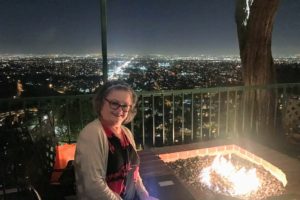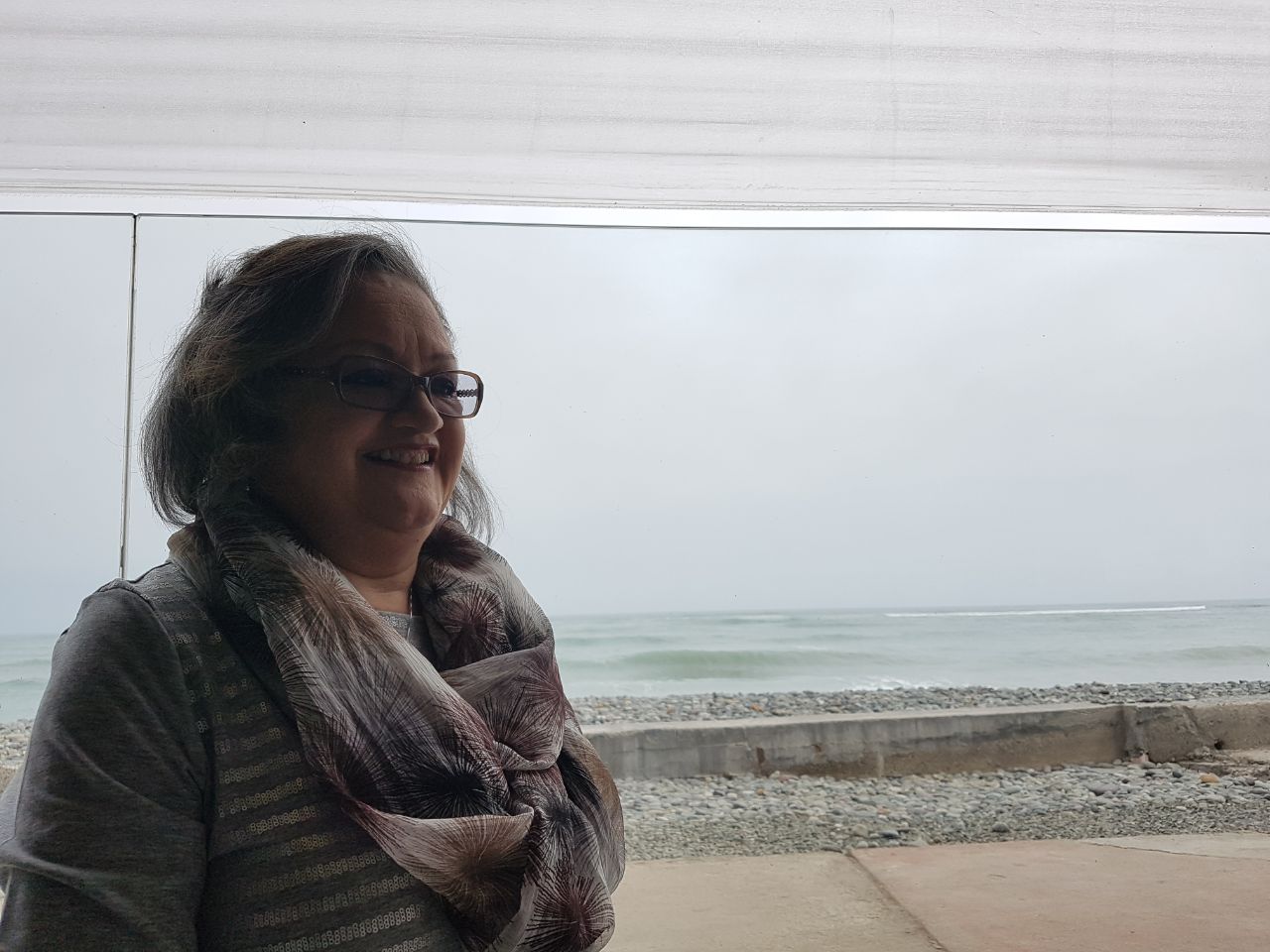19 People around the World Share How They Prepare for a Post-COVID-19 World
Since its founding in 2015, impactmania always turns to the people who drive cultural, social, and economic impact. We now need their inspiration more than ever. We asked 19 impact makers how they are preparing for the new realities of a post-COVID-19 world.
Before the outbreak of COVID-19, Mirtha Hernandez had recently returned to her home country of Peru, after spending 28 years in the United States. She received a Bachelor’s degree in Translation (English, German, Spanish) and worked for one of the largest utility companies in California — Southern California Edison. Now retired, she came back to Lima, Peru to take care of her ill elderly mother and enjoy time with her family and friends.
April 26, 2020
Natalie Gomez in Chino Hills, California emailed Mirtha Hernandez in Lima, Peru.
What is your advice for preparing for post-COVID-19?
Here in Peru, as many other countries in the world, we were not prepared for a terrible pandemic that is taking lives every single day. I had the unfortunate experience to lose a very close relative. In less than a week, without any underlying disease — he was dead. No funeral services, nobody to hold his hand to say goodbye.
I think we humans, after this plague, are learning more lessons than we thought. We thought it was another type of flu and it will go away. Wrong! It doesn’t go away! I believe governments should all work in sync. Without health, we are nothing. Economy can wait, and the money reserves should be available when the world is hit with this type of emergency.
Nobody knew that this pandemic would ever come to hit them in such a way we were not prepared for. I think each government should have a team of scientists monitoring diseases all over the world and be prepared with the right equipment and communication. Without sounding too alarming they should set a red flag, so that people are aware, trained not to panic and know what safe actions to take for themselves and their families. The elderly and homeless should be the ones to take care of.

Mirtha Hernandez, born and raised in Peru, lived in California for 28 years before recently moving back to her home country after retirement.
How is this crisis changing you?
I’m more stressed out — having an elderly mother that I need to take care of and myself too, since I’m diabetic. I feel very sorry about the people who can’t afford to buy food or medicine for their families. I feel sorry for ignorant people, who don’t understand that they are risking their lives and jeopardizing the lives of others, if they don’t wear masks, gloves, etc. There are others who don’t care if they are alive or dead, people that don’t have anything to lose.
What will our story be post-COVID-19?
Our lives will never be the same again, or until a vaccine is discovered for this virus.
China is well known for eating rare species. That should not be allowed! All those animals carry viruses. Some people with stronger immune systems can carry those different types of coronavirus. But how to control the appetite for those animals in Asia?
We will continue washing our hands, use soap and water, or use alcohol-based hand sanitizer. But what about those countries, even Peru, that don’t have portable water in the rural regions to even prepare their meals? Governments tend to forget the poorest areas and it could be for political reasons — who knows.
I will try to be less obsessive with cleaning. I will follow the Japanese greeting tradition. Shoes outside the house, no kisses and hugs, which will be very difficult for me being Latin. Just a cordial greeting keeping our distances. Strange thing but it needs to happen, unfortunately.
To me it’s great that there is a project like this one. I’m pretty sure it will be a success, because it’s life! It could be posted as a documentary and translated in different languages and even social communication, maybe TV like in PBS. That’s my thought. If you really want to make a difference, think big!
impactmania’s past interviews and programs have been featured in international media, a number of universities, U.S. Consulates, the UN, and have been cited by Harvard Business School, Cambridge Scholars Publishing, and Duke University Press. impactmania’s Women of Impact program was awarded the U.S. Embassy Public Diplomacy grant (2019).
